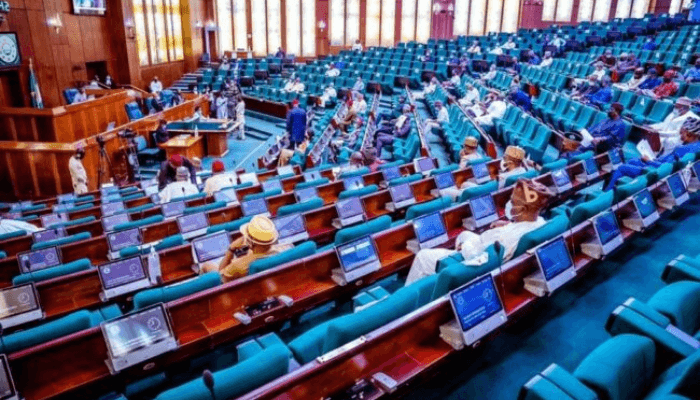Reform Bills stall at House of Reps over committees’ inaction
For months, several important bills that could improve Nigeria’s health, education, agriculture and electoral systems have have been gathering dust in the House of Representatives.
These bills were sent to various committees for legislative review and recommendations, but nothing happened. No reports, no updates, no progress.
Despite reminders, the Committees failed to act forcing the House leadership to discharge them of the responsibility last week, a rebuke that exposed a dysfunctional lawmaking process.
Read also: Reps push for 20% limit on annual rent increase as Nigerians grapple with soaring housing costs
Among the neglected bills are amendments to the Electoral Act, National Primary Education Commission Act, the Federal Medical Centres Act, along with new establishment bills for health and agricultural research institutions.
The bills and the committees
According to official records, the Federal Medical Centres (Amendment) Bill was referred to the Committee on Health Institutions, chaired by Amos Magaji. The amendment seeks to strengthen governance in federal hospitals and allow them more administrative flexibility.
The National Primary Education Commission (Amendment) Bill, which was expected to improve coordination and accountability in basic education, has been pending before the Committee on Basic Education, headed byMark Useni.
Another major bill, the Electoral Act (Amendment) Bill, was referred to the Committee on Electoral Matters, chaired by Adebayo Balogun. Another bill, ” Voting rights of Nigerian Citizens Living Outside Nigeria, Bill,2023 (HB.22)” contains proposals for diaspora voting and other electoral reforms.
The Federal College of Nursing and Midwifery, Zaria (Establishment) Bill, assigned to the Committee on Tertiary Education and Services, also stalled. The bill is meant to upgrade the college’s status and funding.
Similarly, two seperate bills on Agricultural Research Council of Nigeria Act (Amendment) Bill, 2025, expected to boost research, which is largely lacking in the country’s agricultural sector stalled.
Other bills are the Nigerian National Honours and Merit Award Commission Bill, 2023 (HB.05), referred to Committee on Inter-Governmental Affairs; National Assembly Infrastructure and Property Agency (Establishment) Bill, 2025 (HB.2072) ;
Federal Polytechnics (Amendment) Bill, 2025 (HB.2114); Federal College of Nursing and Midwifery, Zaria (Establishment) Bill, 2025 (HB.2115); National Assembly Service Pension Board Act (Amendment) Bill, 2025 (HB.2240); and Petroleum Training Institute, Ibeno, Akwa Ibom State, 2023 (HB.362).
Each of these bills represents a policy area where reform has been long overdue. The education amendment bill could help address poor management and teacher shortages in public schools. The health bill could improve how federal medical centres are run. The electoral bill could expand participation and make the process more credible. But with the committees failing to act, the reforms are effectively frozen.
Despite repeated reminders from Benjamin Kalu, rhe Deputy Speaker, the committees ignored the Standing Orders that require them to act within a stipulated period.
Under the House rules, a committee has 30 days to consider a bill and present its report. If it fails to do so after 60 days, the House can take the bill back. This week, the House invoked that rule after noting that many committees had simply not done the job.
The Deputy Speaker, who presided over the plenary last week said the action was necessary to prevent the legislative process from stalling. The motion to discharge the non-performing committees was moved by Francis Waive and passed without opposition.
Read also: Reps launch probe into $850bn unrepatriated crude oil export proceeds
This is not the first time committees have failed to turn in reports. Legislative observers say it has become a recurring problem in both chambers of the National Assembly.
By moving the bills to the Committee of the Whole, the House hopes to fast-track their passage. All members will now sit together to consider each clause, which could speed up the process. Still, it raises questions about how effective the committee system really is.

